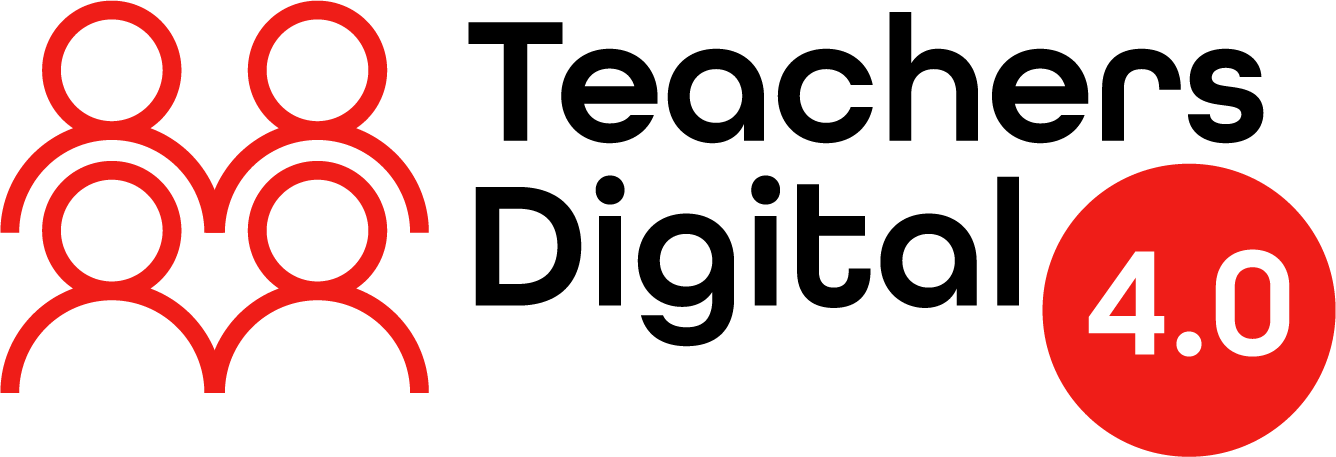
In the digital age, educators are not only responsible for delivering knowledge but also for creating inclusive environments where students can critically engage with information—especially when it comes to disinformation. As part of the Teachers 4.0 Digital Curriculum, Module 4 — “Setting the Scene for Teaching and Learning in the Digital School Environment” — provides a comprehensive roadmap for creating the psychological, social, and physical conditions necessary to support meaningful conversations around digital and media literacy.
This module addresses one of the most crucial and sensitive challenges in contemporary education: how to build a positive, safe, and inclusive classroom environment where discussions about disinformation, misinformation, and controversial issues can happen openly and constructively.
The ultimate goal is for educators to understand their role before, during, and after classroom activities, in order to foster student trust, emotional safety, and active participation. A strong focus is placed on helping educators recognise the importance of diversity, inclusion, and emotional intelligence when dealing with topics such as conspiracy theories, climate denial, vaccine misinformation, or politically sensitive historical narratives.
Through a blend of theoretical grounding and interactive activities—including Mentimeter brainstorming, case studies, scenario-based planning, and gamified resources like the Disinformation Challenge game—the module equips teachers with practical tools to:
- Develop safe classroom climates
- Design lesson plans around controversial issues
- Engage students in critical analysis of media
- Navigate difficult conversations with empathy and structure
- Collaborate with parents, school staff, and external experts
It also introduces educational methodologies such as the spiral curriculum, flipped classroom, and blended learning to enhance engagement and allow students to explore digital spaces critically and reflectively.
Ultimately, the module invites educators to see themselves not only as instructors but as facilitators of democratic dialogue, capable of shaping digitally literate citizens who value truth, diversity, and responsible participation in society. Learn more about how teachers can become leaders in the fight against disinformation, in the Teachers 4.0 Digital Age Curriculum.






